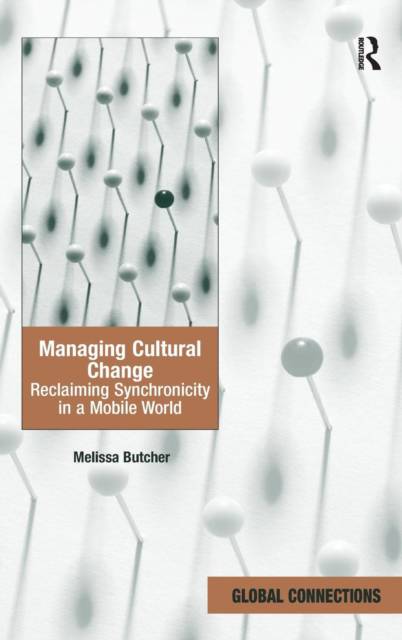
- Afhalen na 1 uur in een winkel met voorraad
- Gratis thuislevering in België vanaf € 30
- Ruim aanbod met 7 miljoen producten
- Afhalen na 1 uur in een winkel met voorraad
- Gratis thuislevering in België vanaf € 30
- Ruim aanbod met 7 miljoen producten
Zoeken
€ 290,45
+ 580 punten
Uitvoering
Omschrijving
Despite decades of policy interventions and awareness raising programmes, migration and mobility continue to give rise to tensions and questions of how to live together in a culturally diverse world. Managing Cultural Change takes a new approach to these challenges, re-examining responses to migration and mobility as part of a process of managing wider cultural change. Presenting research from a range of settings, from liberalising India, global workplaces in Asia, and migrant youth culture in Sydney, this book explores the manner in which cultural change disturbs established frames of reference. In considering affective responses to these liminal moments of disruption, it argues that adaptive strategies such as 'demarcating difference' and 're-placing home', that is, reasserting belonging, are deployed in order to reclaim a sense of synchronicity within the self and with a transforming external environment. With attention to the prevalence and durability of the processes and tensions inherent in cultural change, the author also examines the intercultural, or cosmopolitan, competencies developed in interaction with difference, and whether it is possible to 'teach' people these skills in order to re-find 'cultural fit' and manage change in a constantly shifting world. Contributing to research on transnational migration and mobility studies, while developing the use of conceptual tools such as 'cultural fit' and 'liminality', Managing Cultural Change will be of interest to sociologists, geographers and anthropologists working in the fields of globalisation, migration and transnational communities, ethnicity and identity, belonging and cosmopolitanism.
Specificaties
Betrokkenen
- Auteur(s):
- Uitgeverij:
Inhoud
- Aantal bladzijden:
- 168
- Taal:
- Engels
- Reeks:
Eigenschappen
- Productcode (EAN):
- 9781409425106
- Verschijningsdatum:
- 9/12/2011
- Uitvoering:
- Hardcover
- Formaat:
- Genaaid
- Afmetingen:
- 156 mm x 234 mm
- Gewicht:
- 412 g

Alleen bij Standaard Boekhandel
+ 580 punten op je klantenkaart van Standaard Boekhandel
Beoordelingen
We publiceren alleen reviews die voldoen aan de voorwaarden voor reviews. Bekijk onze voorwaarden voor reviews.











